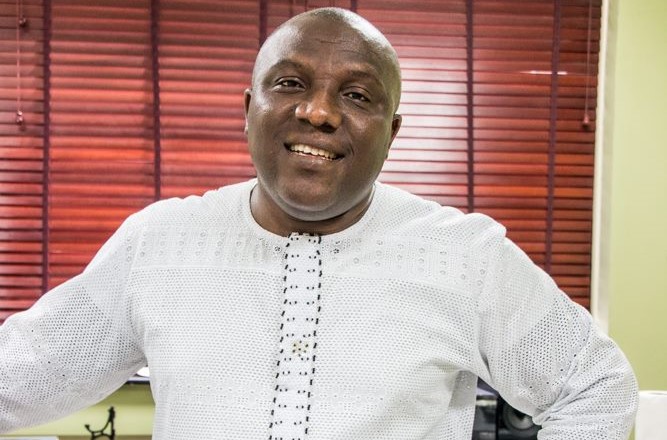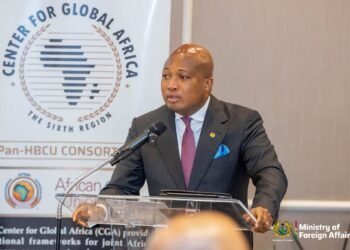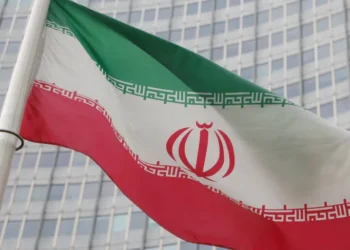Former Eastern Regional Minister, Seth Acheampong, has criticised President John Dramani Mahama over the government’s decision to accept a group of West African deportees from the United States without parliamentary approval.
He described the development as a repeat of the infamous “Gitmo 2” controversy, accusing the President of failing to draw lessons from the past. Acheampong noted that the agreement, which has not been presented to Parliament for ratification, mirrors procedural lapses that occurred during Mahama’s first term.
He recalled the admission of two Guantanamo Bay detainees into Ghana without parliamentary approval, which later resulted in a court ruling requiring that such agreements be ratified or risk being nullified.
The former minister emphasised that the failure to ensure parliamentary scrutiny of international agreements demonstrates a troubling pattern in governance.

“I think this shouldn’t have been a matter that we have to revisit because we have gone through this thing before. My whole concern about this conversation is about our governance and international relations practice”
Seth Acheampong, Former Eastern Regional Minister
He explained that previous experiences should have guided government actions. According to him, history offered clear lessons that could have ensured the smooth handling of the deportee agreement, but “those lessons were ignored.”
Support for Minority’s Position
Acheampong expressed his disappointment that the missteps of the past were being repeated in Mahama’s current administration.
“It is becoming concerning because it happened in my senior brother John’s first term, and we are experiencing it in the second term. When it goes on and on, it is as if we are not learning anything as a country”
Seth Acheampong, Former Eastern Regional Minister

His remarks echoed concerns raised by the Minority in Parliament, who have argued that the government is in breach of Article 75 of the 1992 Constitution – a provision which requires every treaty, agreement, or convention signed under the authority of the President to be laid before Parliament for ratification.
“My colleagues in Parliament are saying that let’s do things the right way. I believe what they are asking us to do, and I hope that we eat humble pie,” Acheampong said, aligning himself with the Minority caucus, stating that their objections reflect the need for proper governance now more than ever.
The Minority has since called on the government to suspend the deal until due process is followed, maintaining that failure to do so risks undermining Ghana’s constitutional and democratic framework.
Call for Caution Within NPP
Beyond the deportee deal, Acheampong also addressed internal matters within the New Patriotic Party (NPP). He cautioned members to exercise restraint following the endorsement of Vice President Dr. Mahamudu Bawumia by fifteen MPs from the Eastern Region.
“We must remember that every statement today can resurface in 2028,” he advised, urging party members to treat the issue as internal, follow the advice of the National Council, and engage family and supporters with caution in order to safeguard party unity.

Acheampong’s intervention reflects growing unease over both constitutional governance under Mahama’s leadership and internal party discipline within the NPP.
His call highlights the dual challenges facing Ghana’s political landscape: upholding the rule of law in international agreements and maintaining cohesion in the run-up to the next elections.
READ ALSO: Ghana Projects $500B Needed for 2070 Net-Zero Transition


















